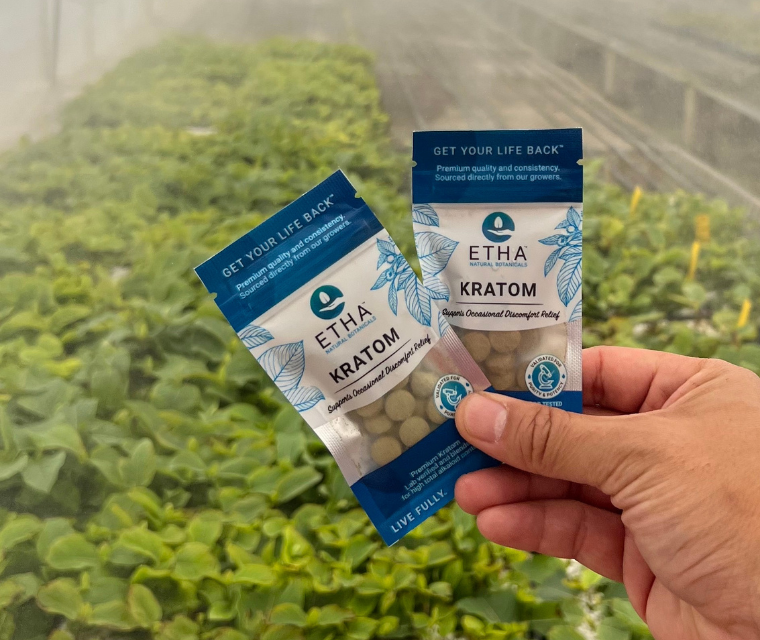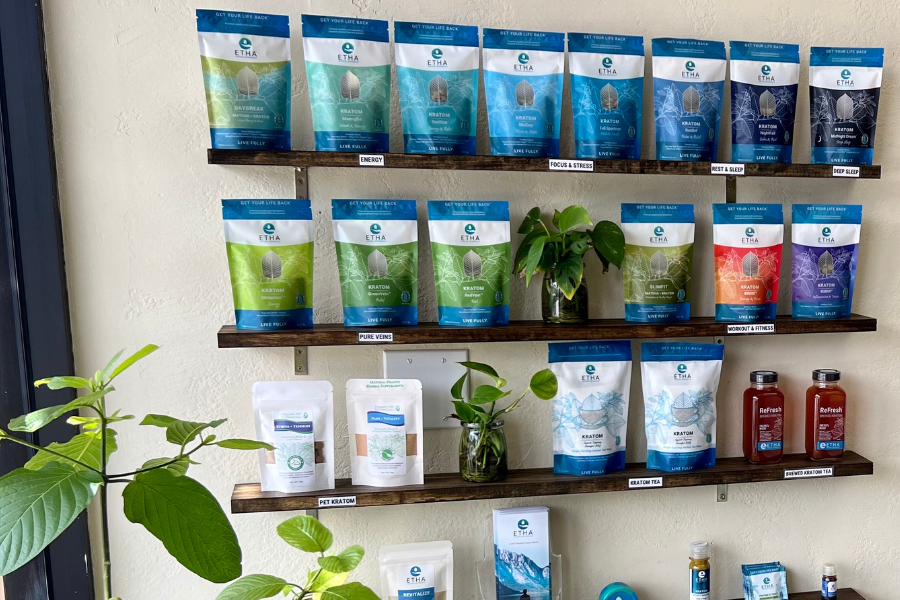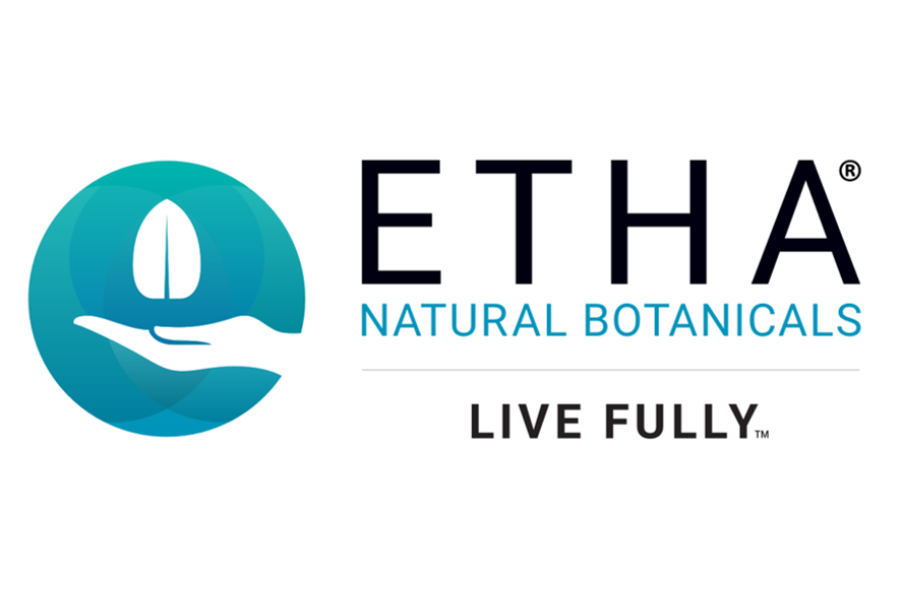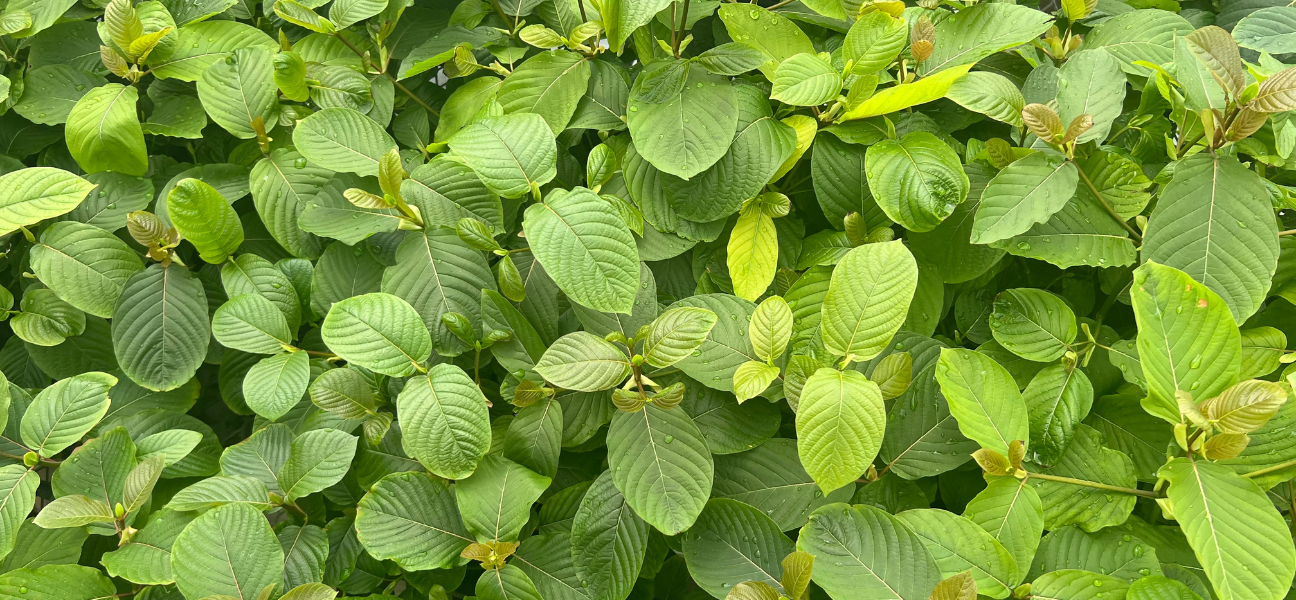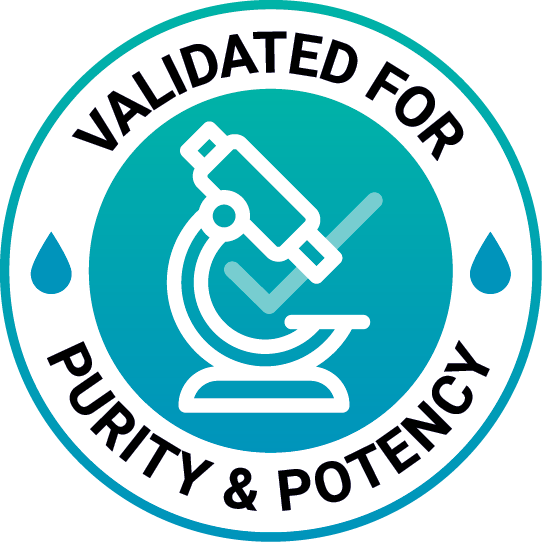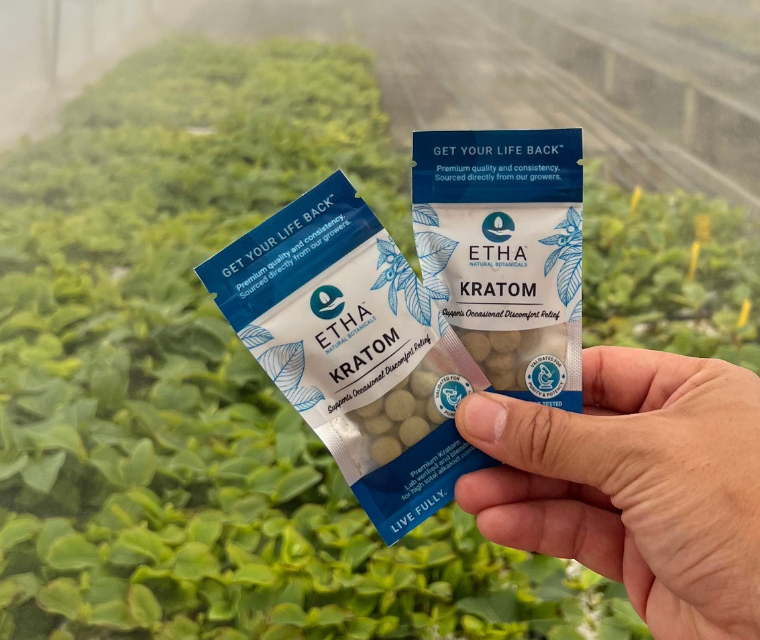
ETHA LAB TESTING
SHARING KNOWLEDGE
“One of our core values is open and objective communication. That is why ETHA publishes lab test results on every package we sell. We also share research that comes out of ETHA Labs and our greenhouses. By supporting scientific progress, we hope people have the information to better manage their health and wellness.”
Co-Founder, Alexander Karp
ETHA LABS
The ETHA team has over 40+ years of R&D experience with Fortune 50 companies. Likewise, we have been extensively researching and testing botanicals such as kratom and continue to improve and build on our strategies, processes and techniques. Our R&D team never stops pushing itself and will continue to lead the industry in open and objective communication. As a result, we only provide you with 100% validated products. We guarantee kratom purity, origin, process and production of the highest standards. Our team works harder and smarter so you can have the peace of mind you need to LIVE FULLY!
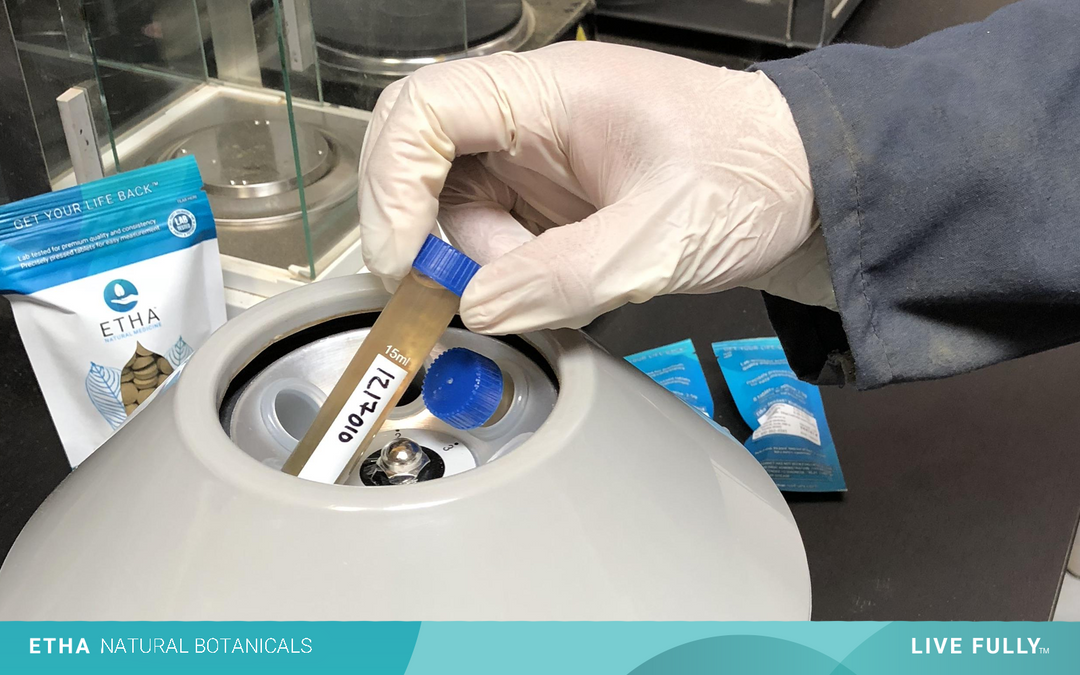

360 TESTING
At ETHA Labs, we use well-established laboratory procedures to test our botanicals in-house. We also partner with universities like Oregon State University and 3rd-party, independent laboratories to provide confidence and transparency in our botanical analysis. Our labs specialize in botanical analysis and help us to identify kratom alkaloids, adulterants, and heavy metals to ensure your ETHA products are safe and effective.
While companies claim lab testing, no one does it like ETHA. We go the extra mile by testing in-house, through universities, and independent labs. This is how we gain a 360-degree view of our plants and products.
GROWING KNOWLEDGE
We understand the importance of horticulture as it sheds light on a plant's medicinal potential. That's why we grow our own botanicals like Kratom. Plant morphology can vary tremendously. It is based on environmental factors such as: soil conditions, amount of sunlight, frequency of available water, natural fertilization, pollution levels, and even what is living within the plant. Any human contact and interaction with the plant will also impact the plant.
Additional factors, such as how it is harvested, processed, where it is stored, and how long it sits on shelves are also important to consider. These factors can impact how the plant develops, matures, and reproduces. Understanding what happens at the molecular level to the bio-active alkaloids is also important.
These differences can be very subtle and even invisible to the eye. Nevertheless, these factors can be extremely important to the effectiveness and safety of your botanical products.

